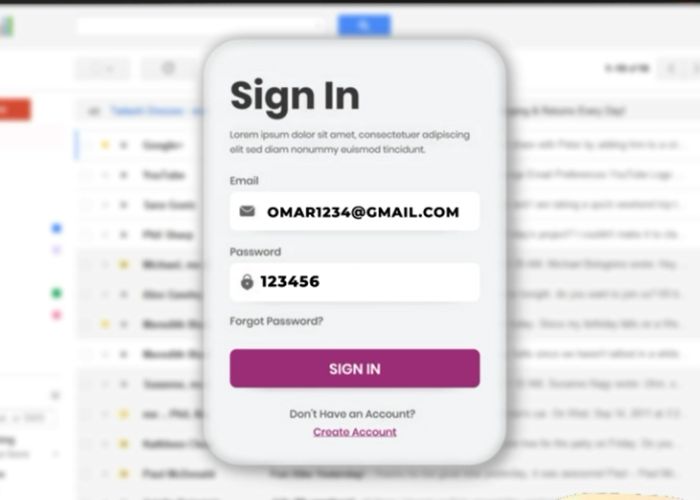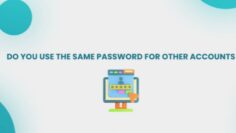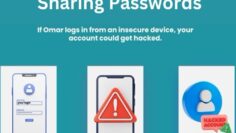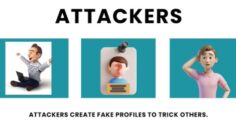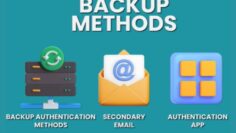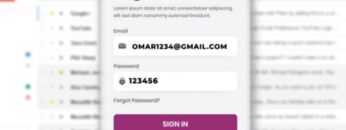Weak Passwords Make You a Target: Strengthen Your Security Now
Weak Passwords Make You a Target: How to Strengthen Your Security
In today’s digital world, passwords are the first line of defense against cybercriminals. Yet, millions of people still use weak, easy-to-guess passwords like “123456” or “password123.” Hackers don’t need advanced techniques to break into these accounts—they simply try the most common passwords first.
If your passwords are weak, you’re making it easy for attackers to steal your personal information, access your emails, and even take over your bank accounts.
In this article, we’ll break down why weak passwords are a serious security risk, how hackers exploit them, and how you can create strong passwords that keep your accounts safe.
How Hackers Crack Weak Passwords
Cybercriminals have several methods to break weak passwords, including:
1. Brute Force Attacks
Hackers use automated programs to rapidly try millions of password combinations until they find the right one. If your password is short and simple, it can be cracked in seconds.
2. Dictionary Attacks
Attackers use lists of commonly used passwords and phrases to guess passwords quickly. If you’re using a predictable word like “qwerty” or your name followed by a number, you’re making their job easy.
3. Credential Stuffing
Many people reuse passwords across multiple sites. If a hacker steals your login credentials from one data breach, they can use them to access your other accounts.
4. Social Engineering
Cybercriminals can guess weak passwords based on public information. If your password includes your pet’s name, birthday, or favorite sports team (all of which may be visible on social media), you’re at risk.
How to Create a Strong Password
A strong password should be:
✅ At least 12-16 characters long – The longer, the better.
✅ A mix of uppercase and lowercase letters, numbers, and symbols – Complexity makes it harder to crack.
✅ Not based on personal information – Avoid using your name, birthday, or pet’s name.
✅ Unique for each account – Never reuse passwords across different websites.
Examples of Weak vs. Strong Passwords
🔴 Weak: password123 (Easy to guess)
🟢 Strong: hT!m8&gL9@zP1# (Complex and random)
🔴 Weak: john1985 (Too predictable)
🟢 Strong: BluePencil@Sunshine$19 (Passphrase that is easier to remember but still secure)
Passphrases: A Strong and Memorable Alternative
Instead of a random mix of characters, passphrases offer an easier way to create strong passwords. A passphrase is a sequence of random words that are easy to remember but hard to guess.
For example:
🔹 Weak Password: Summer2024
🔹 Strong Passphrase: BlueTigerPlaysPiano!
By using a sentence-like structure, you make it difficult for hackers to crack while keeping it easy to recall.
The Role of Password Managers
Remembering multiple strong passwords can be challenging. That’s where password managers come in. These tools generate, store, and autofill complex passwords, eliminating the need to memorize them.
Benefits of Using a Password Manager
🔹 Stores all your passwords securely
🔹 Automatically generates strong passwords for new accounts
🔹 Protects you from phishing attacks by auto-filling only on legitimate sites
Popular password managers include:
✅ Bitwarden – Open-source and highly secure
✅ 1Password – Great for personal and business use
✅ Dashlane – Includes VPN protection
✅ LastPass – User-friendly with browser integration
By using a password manager, you only need to remember one strong master password, and the software does the rest.
Additional Security Tips
Creating strong passwords is just one part of online security. Here are more ways to protect yourself:
1. Enable Two-Factor Authentication (2FA)
Even if your password is stolen, 2FA adds an extra layer of security by requiring a second form of verification (such as a code from an authenticator app).
2. Avoid Using Public Wi-Fi for Logins
Hackers can intercept login credentials on unsecured networks. Use a VPN if you must connect to public Wi-Fi.
3. Change Passwords After a Data Breach
If a company suffers a data breach, change your password immediately, even if you weren’t directly affected. You can check for breaches at haveibeenpwned.com.
4. Be Cautious of Phishing Emails
Never enter your login details into links sent via email or text. Always go directly to the official website.
Conclusion
Your password is the key to your digital life. If it’s weak, hackers can easily break in and steal your personal information. By using strong, unique passwords (or passphrases) and a password manager, you can significantly reduce your risk of being hacked.
🚨 Remember:
✅ Use long, complex passwords or passphrases
✅ Never reuse passwords across multiple accounts
✅ Consider a password manager for convenience
✅ Enable 2FA for extra protection
By taking these steps, you can keep your accounts secure and stay ahead of cybercriminals.
🔐 Stay safe online—because your security starts with a strong password.


.png)
